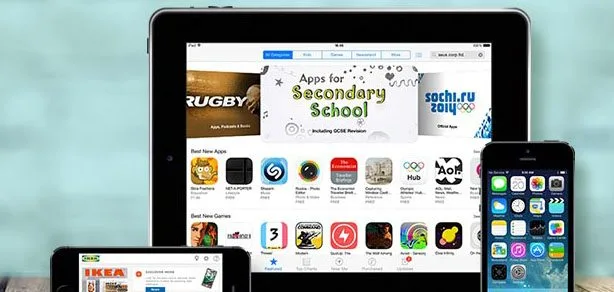What is mobile app marketing?

Thanks to the ever-growing popularity of smartphones like the Apple iPhone 5 and Google Nexus 4 and the ease with which apps can be developed for them, it has probably been both easier and more cost-effective than ever before for you to develop a mobile app. However, there is little point in developing such an app if it is not going to be downloaded often, which begins to hint at the importance of mobile app marketing for spreading the word about a mobile app and encouraging many people to download it.
Indeed, some people might even say that simply developing the app itself is “the easy part”! We probably wouldn’t disagree that, compared to that part of the process of making a successful mobile app, getting the app noticed and downloaded by its target audience is another ballgame – even if the app is free to download. Of course, if you are a large brand with an internal customer database of millions, you could market your app to many people at virtually no financial cost; however, you are very unlikely to fall into this category.
What a successful mobile app marketing campaign is likely to involve
Put simply, a successful mobile app marketing campaign is likely to originate from a clever and aggressive marketing strategy to get the mobile app noticed and, eventually, downloaded by its target audience. Such a strategy requires much more than just running advertising campaigns on mobile devices; indeed, it is likely to require the use of a multichannel approach that targets many people across a broad online presence.
Especially effective ways in which you can market your mobile app
There are many different techniques that you can use to market your mobile app. The effectiveness of these techniques might vary depending on what type of mobile app you want to market and, therefore, what particular types of people you would like to market it to. However, there are some such techniques that we would highly recommend to anyone seeking to effectively promote a mobile app; these techniques include:
- Mobile in-app advertising; in other words, promoting the app through advertisements within other popular mobile apps;
- Marketing the app through social media websites like Facebook and Twitter;
- Publicizing the app through many other different types of websites including app review websites and blogs;
- Video marketing; in other words, using videos on video sharing websites like YouTube to market the app.